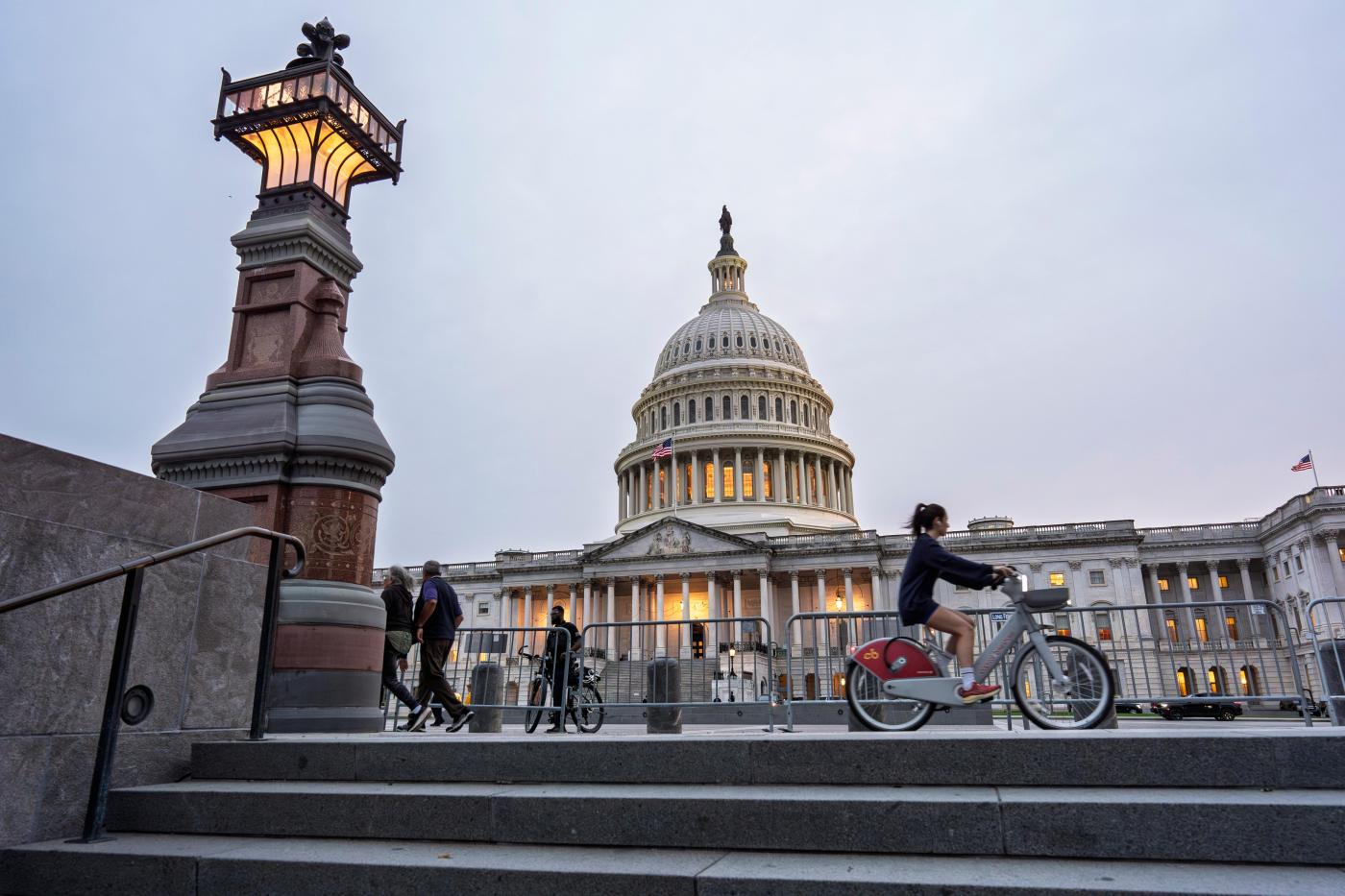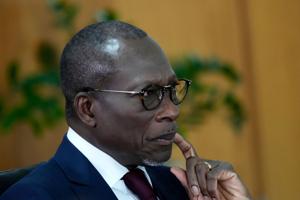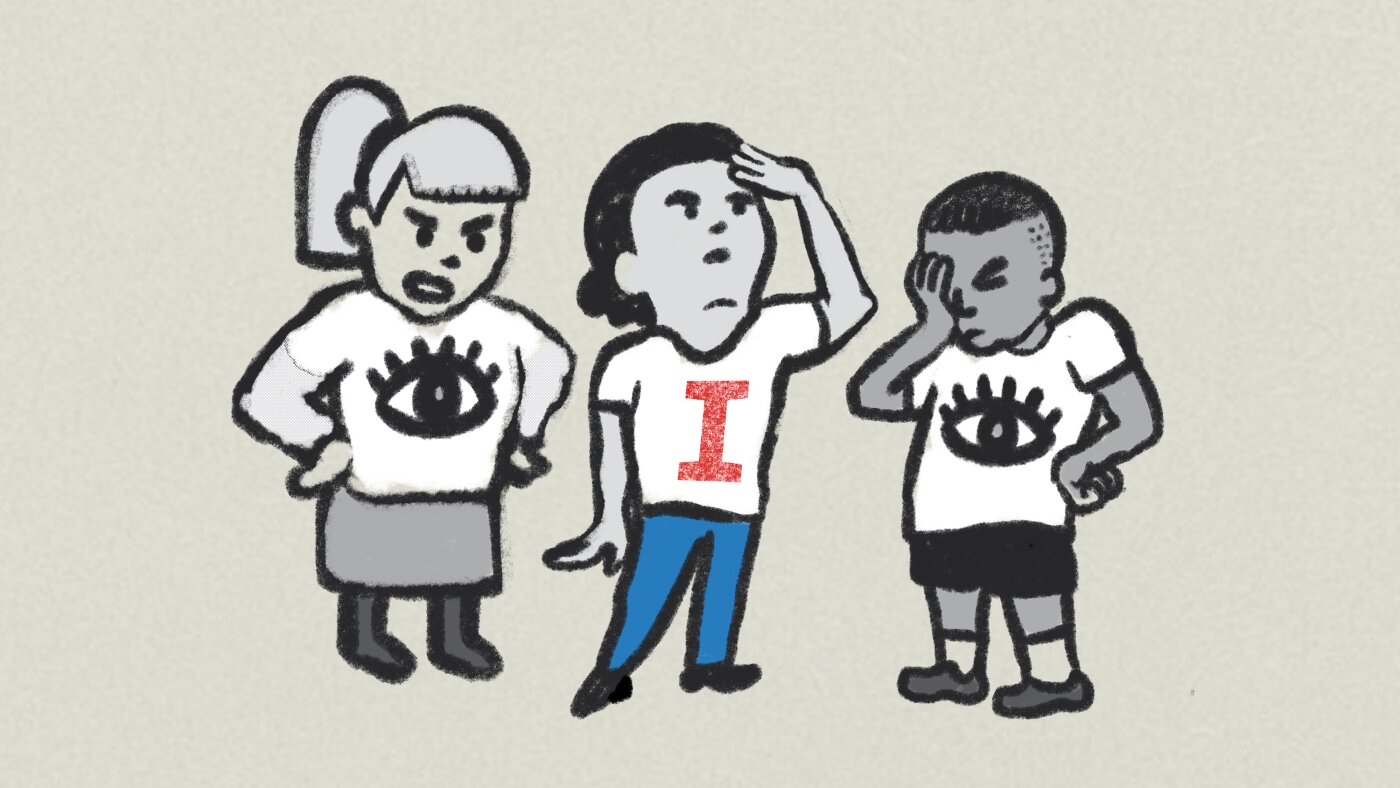A recent survey conducted by the Pew Research Center highlights growing dissatisfaction among Americans towards both major political parties as the 2024 midterm elections approach. The report indicates that a significant number of respondents do not view either the Republican Party or the Democratic Party as governing with honesty and integrity.
According to the survey, 61% of Americans believe the GOP holds extreme views, while 57% feel the same about the Democratic Party. This sentiment reflects a broader concern among the electorate regarding the political climate, particularly as the survey was conducted just prior to the recent government shutdown.
Voter Sentiment and Party Dynamics
Political analysts suggest that the perception of extremism is largely due to how politicians cater to their respective bases. Peter Loge, director of the School of Media and Public Affairs at George Washington University, noted that elections are increasingly determined during primary contests, where candidates appeal to more radical factions of their parties. This dynamic leaves little motivation for politicians to engage with moderate voters.
The Cook Political Report currently identifies only 17 of the 435 House seats as toss-ups for the upcoming midterms, with 21 seats leaning toward one party or the other. The remaining seats are considered solidly aligned with either the Democrats or Republicans.
Most national politicians express concern regarding potential primary challenges, resulting in fewer incentives to appeal to the center of the electorate. The Pew survey reveals that a considerable portion of Democrats—30%—express anger towards their party, primarily due to a perception that they are not effectively countering the policies of former President Donald Trump. In contrast, only 40% of Republicans report frustration with their party, likely reflecting their current control of the White House and both chambers of Congress.
Challenges for Democrats and Republicans
Political management expert Todd Belt explained that the disparity in frustration levels stems from power dynamics. “A lot of this has to do with power, and a lot of it has to do with delivering for an electorate,” he stated, emphasizing that Democrats struggle to exert influence at the federal level.
The survey indicates that just over half of Republican voters—69%—express feelings of hope regarding their party’s future, compared to only 50% of Democratic voters. Additionally, 52% of Republicans feel proud of their party, whereas only 29% of Democrats share this sentiment.
Despite the Republican advantage in public perception on economic issues, the margin is narrow at just three percentage points, a significant decline from a 12-point lead two years ago. This shift raises concerns for the GOP, particularly as economic conditions could heavily influence voter motivation in the upcoming elections.
Loge warned that if economic sentiment does not improve, it could spell trouble for Republicans. “President Trump’s policies are getting less popular, not more, across the board,” he stated, noting that widespread dissatisfaction with the economy could lead to further challenges for the party.
The Pew Research Center’s survey also explored public opinion on various policy areas, revealing that Americans generally favor Republican positions on crime, immigration, gun policy, and the budget deficit, while they lean towards Democratic stances on LGBTQ+ issues, abortion, race policies, climate change, and health care.
With the ongoing government shutdown, analysts suggest that public opinion regarding both parties could worsen. Loge remarked, “These survey results might be a high-water mark for public opinion about the political parties and Congress.” As the midterms draw closer, the critical question remains: will voters channel their frustrations into action, or will they remain stagnant in their discontent?







